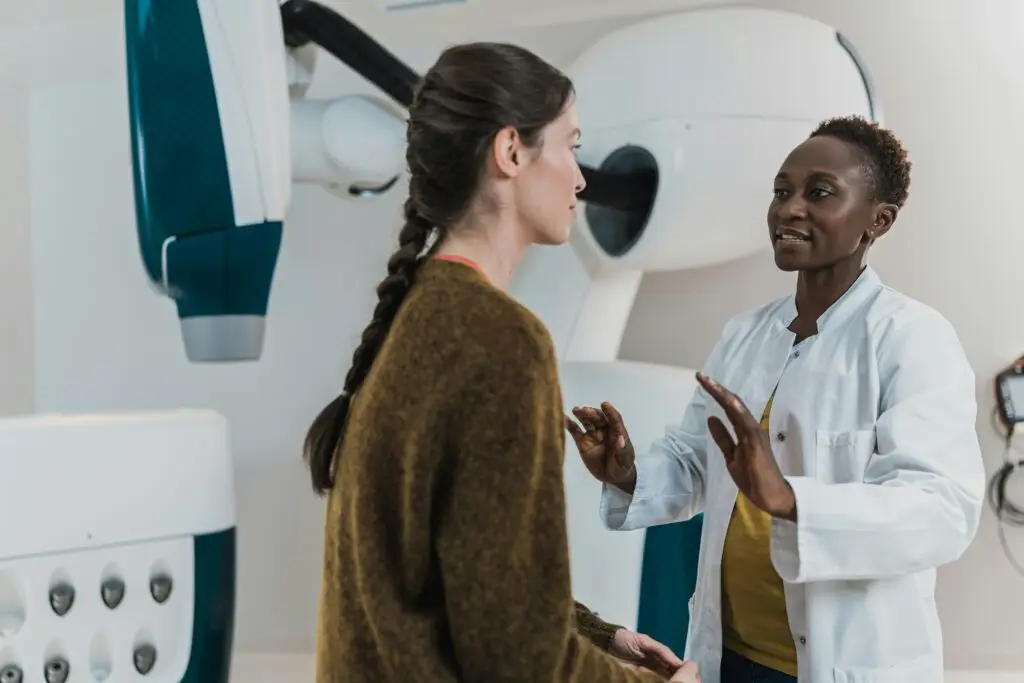
Early detection is central to improving pancreatic cancer outcomes, yet...
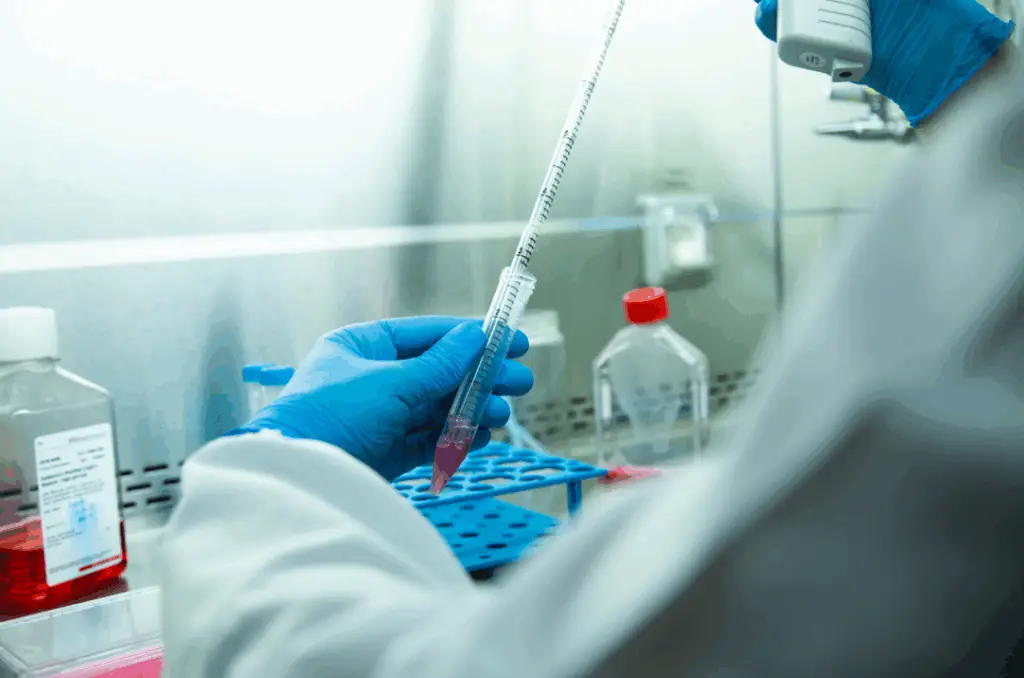
Pancreatic cancer research is accelerating, and 2026 is shaping up...

An exciting milestone for PRECEDE took place this month as...
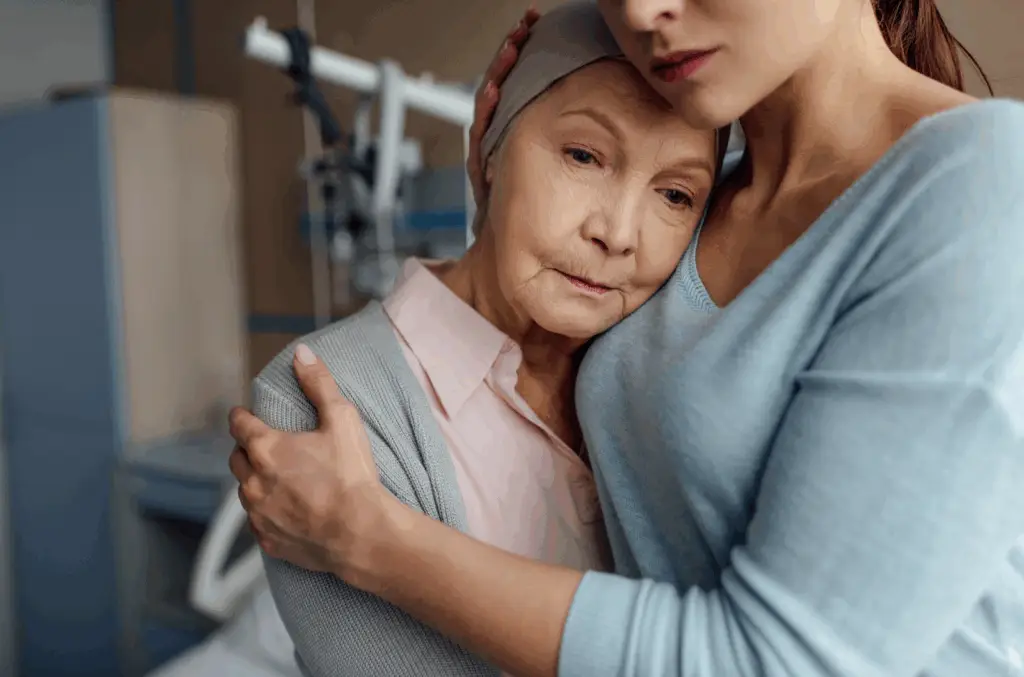
Pancreatic cancer is challenging to detect early because symptoms are...

The PRECEDE annual meeting brought together over 150 of the...
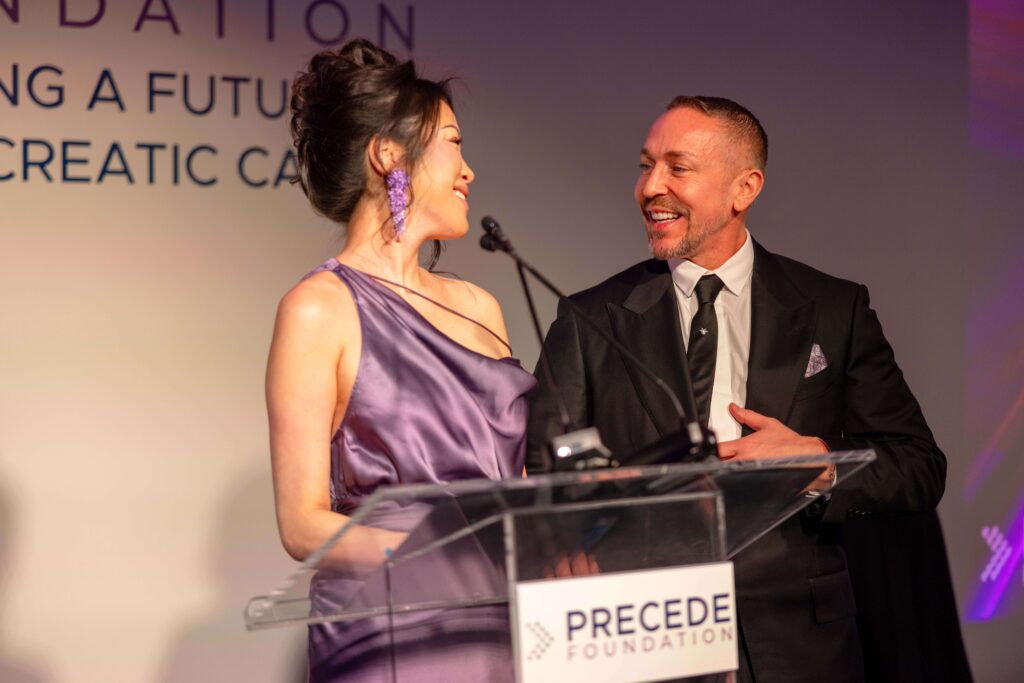
Relive the inspiring moments from the PRECEDE Foundation’s inaugural gala....

This holiday season, your generosity can create a real impact....

People often ask us, “How do you work on pancreatic...

Pancreatic cancer is one of the deadliest cancers — not...
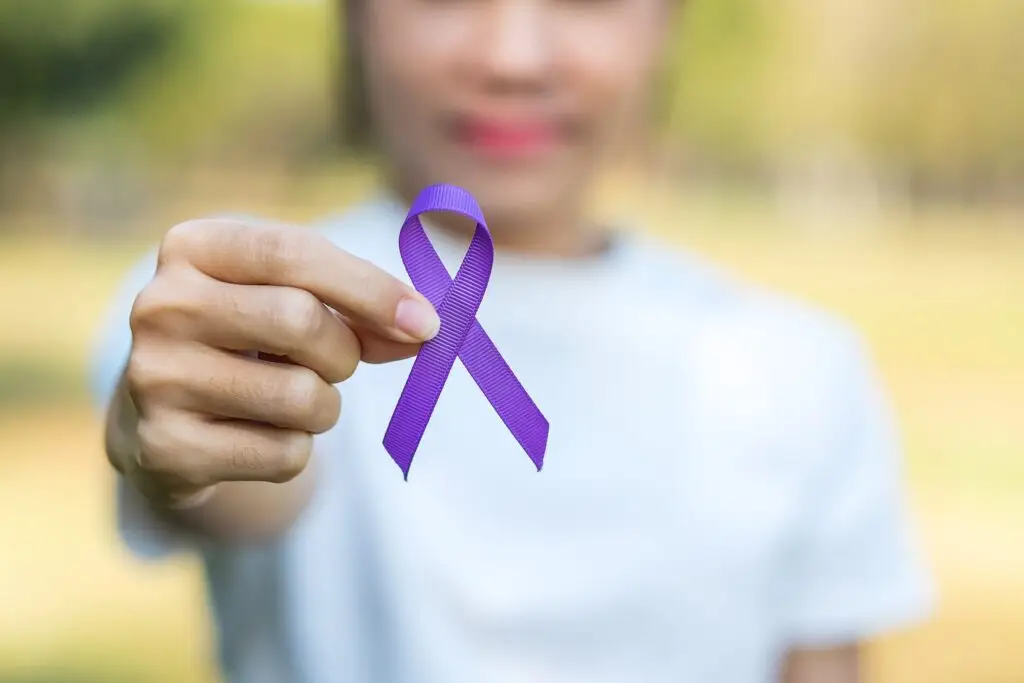
Each year, Giving Tuesday reminds us of the power of...

Join our mailing list for the latest news and events. We assure you that we will not send unnecessary emails.
(914) 263-7968
info@precedefoundation.org
Debbie Brandel
PO Box 207
Red Hook, NY 12571